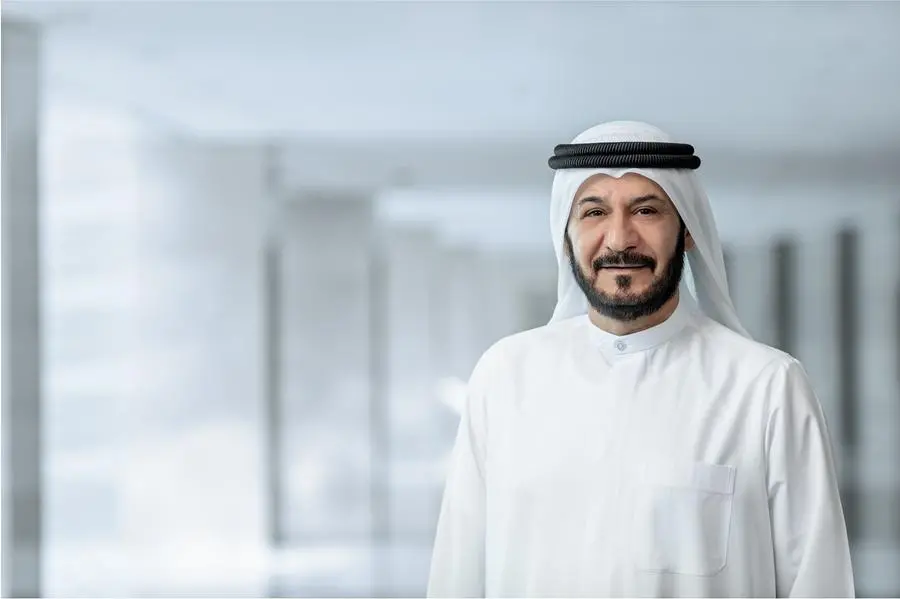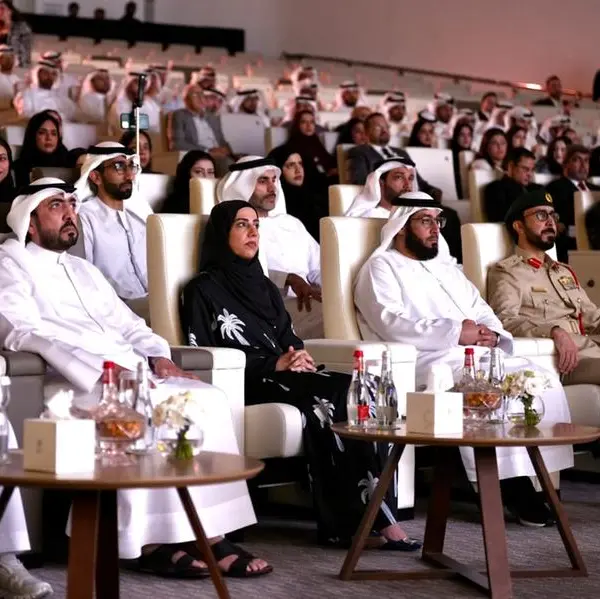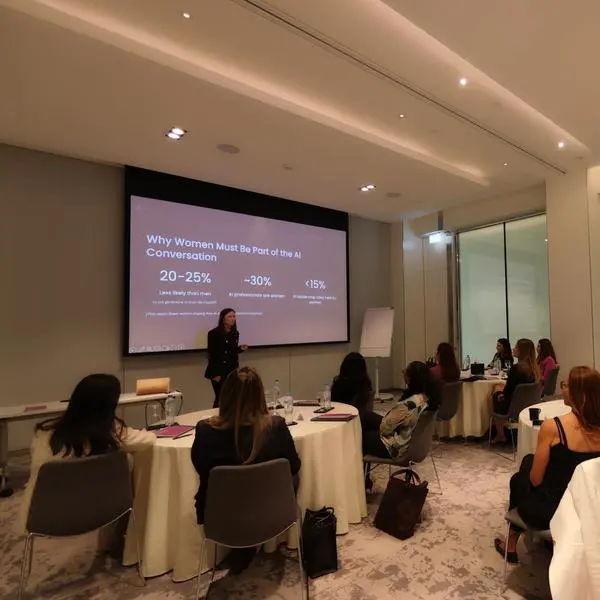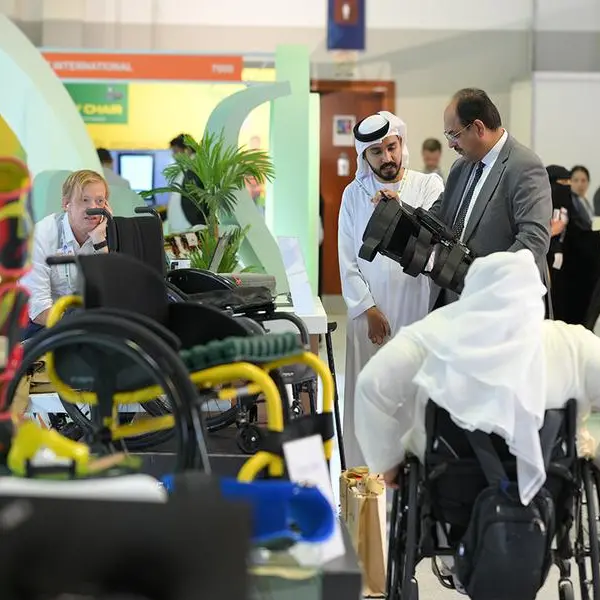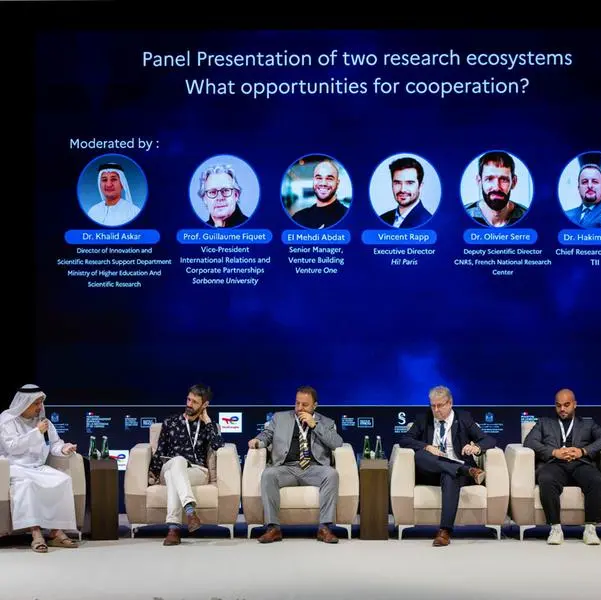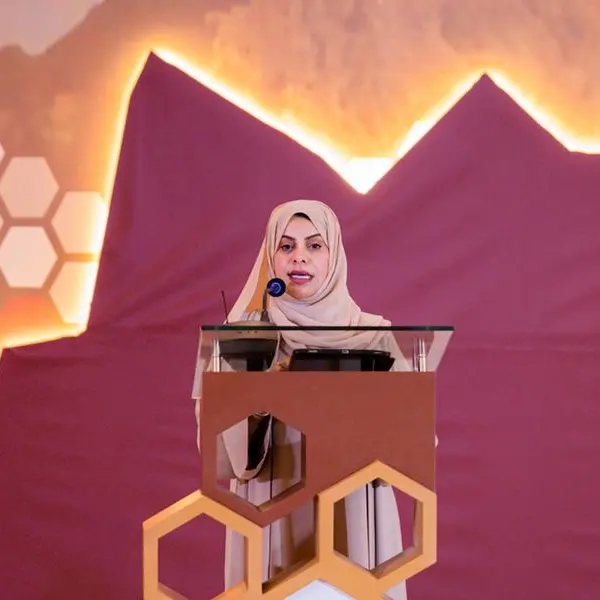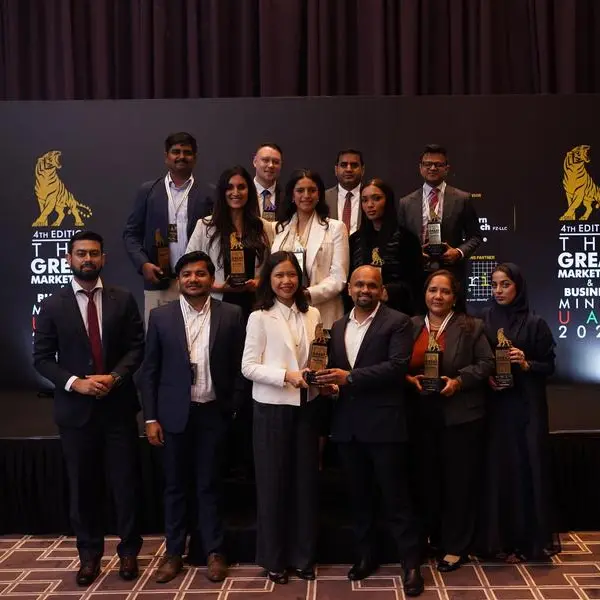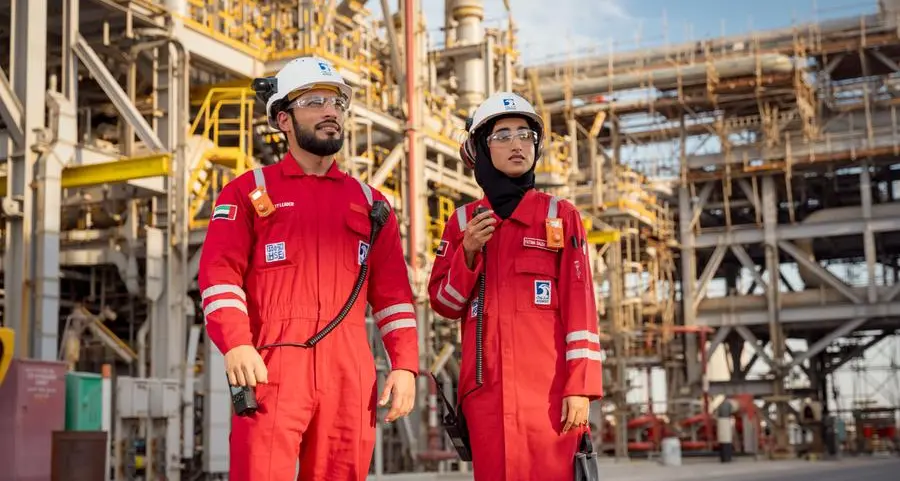PHOTO
Dubai-UAE – The second day of Aviation Future Week (AFW), organised by Emirates Airline and the Museum of the Future, focused on the pivotal role of air-freight and logistics in driving global economic growth, with a macro-view of the challenges, opportunities, and potential of adopting advanced technologies and contributing to sustainability efforts through efficient practices. Industry leaders in airline engineering and maintenance emphasised the transformative impact of cutting-edge technologies to boost operational efficiencies and aircraft availability.
Adel Al Redha, Emirates’ Deputy President and Chief Operations Officer said: “Airfreight and logistics have made Dubai a key international trade point. The city’s world-class infrastructure integrated multi-modal setup and superior connectivity serve as a blueprint for the rest of the region as an enabler for the growth of wider sectors. Maintenance, Repair and Overhaul (MRO) is poised to boost its capacity and workforce in the region in line with fleet growth. Today’s dynamic convergence of key players and constructive discussions are an important step to unwind future challenges, helping to propel the industry forward.”
Majed Al Mansoori, Deputy Executive Director at the Museum of the Future, kick started the second day, highlighting the impact of aviation on Dubai’s transformation. “Aviation has been central to our success, connecting cultures and transforming Dubai into a diverse global metropolis. Thanks to the aviation industry, whether you are from Karachi or Kolkata, San Francisco or Shanghai – everyone feels at home in Dubai.”
Al Mansoori added, “Like Dubai, the Museum of the Future is not just a place, it is a state of mind. We welcome the aviation industry’s most curious and creative minds this week to convene and find fresh opportunities for the future of airtravel.”
Following that, a panel session titled ‘Perspective of Freight Demand and Logistics Centre’ featuring Nadeem Sultan, Senior Vice President, Cargo Planning & Freighters at Emirates SkyCargo; Ram Menen, founding member of Emirates SkyCargo; Hamdi Osman, Founder and CEO of SolitAir Cargo Airline; and Robert Frei, Global Senior Vice President for Air Freight at DP World, explored the dynamic global air cargo landscape. The panellists discussed factors influencing demand and the opportunities presented by accelerating the sector’s digital transformation and an integrated transportation infrastructure.
According to Menen, the demand will continue to exceed supply for the foreseeable future, as the ecommerce market grows while the freight sector is still recovering from supply chain disruptions due to COVID-19 and manufacturing challenges facing leading producers.
Sultan highlighted the collaborative approach of the whole ecosystem. “Cooperation between the different entities in the chain is integral to unlocking growth, and Dubai benefits from the airport, airlines and the government working towards a common goal.”
Frei underscored the emirate’s focus on efficiency and reducing bureaucracy as a key advantage facilitating integration between its airports and seaports. “Dubai is a picture of the future,” he said.
Osman added that connectivity could be expanded to include the rail network too. He highlighted another strategic advantage of Dubai’s geographic location and infrastructure: “Dubai connects the Global South – it facilitates the movement of good from China to Latin America.”
The panel emphasised the importance of leveraging data in the global shipping and logistics sector, highlighting its potential to provide valuable insights that drive future growth. However, they also noted that the industry continues to face significant challenges in effectively organising data and establishing robust frameworks.
Following that, a panel session titled ‘Expanding Capabilities of MRO’ featuring Ewen McDonald, Chief Customer Officer at Rolls Royce; Jayesh Shanbhag, Vice President, Customer Experience at GE Aerospace; Don Wren, Executive Vice President at Jamco; and Fraser Currie, CEO of Joramco, discussed the current landscape of maintenance, repair, and overhaul (MRO) in the aerospace industry. The speakers shared insights on challenges and advancements shaping the sector as it continues to recover from the global pandemic.
Currie highlighted the resilience of the aviation sector in the region noting its positive “spillover” impact on the global market, saying: “The confidence in this region’s aviation is a driving force for growth both locally and internationally.”
McDonald reflected on Rolls Royce’s post-pandemic journey, stating, “Bringing aircraft back into service posed significant challenges, and recovery efforts have been key to stabilising the industry.”
Shanbhag emphasised the growing importance of capability building in MRO, noting that expanding technological solutions will play a crucial role in optimising aircraft performance.
Wren discussed the lingering effects of supply chain disruptions, particularly on aircraft interiors suppliers and the loss of talent from the sector. He pointed out, “Supply chains are still recovering from a four-year delay, not two, for many in the interiors industry, as resources and engineering talent were lost to other sectors.”
Aviation Future Week
AFW takes place from 15-17 October 2024 with the participation of UAE government ministers, senior government officials, executives from the aviation industry as well as leaders in the MRO and logistics spaces. The international event is a platform to showcase visions for the future of aviation and provides an open opportunity to discuss future challenges and opportunities, including the passenger experience, meeting growing demand, enhancing logistics and air cargo, and integrating AI in aviation.
